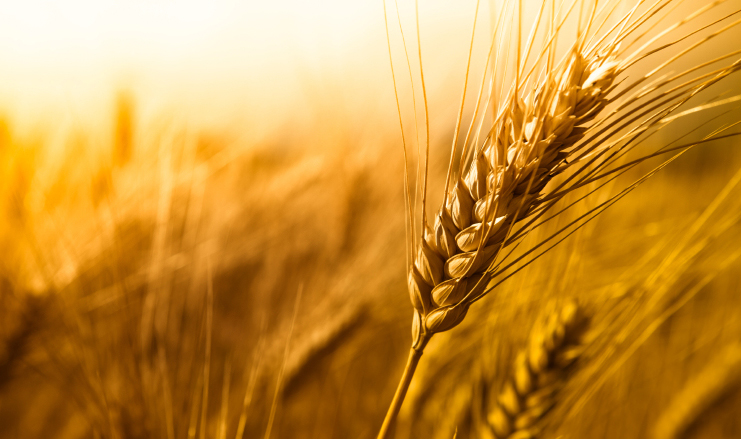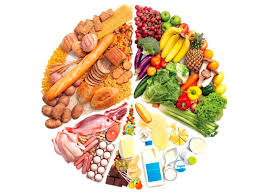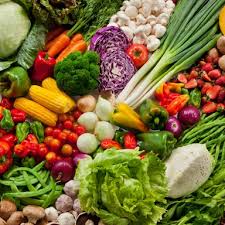Stamp: Agriculture (Tunisia 1957)
Agriculture (Tunisia 1957)
01 April (Tunisia ) within release Agriculture goes into circulation Stamp Agriculture face value 2 Tunisian franc
| Stamp Agriculture in catalogues | |
|---|---|
| Yvert et Tellier: | Yt:TN T67 |
| Michel: | Mi:TN P68 |
Stamp is square format.
Also in the issue Agriculture:
- Stamp - Agriculture face value 1;
- Stamp - Agriculture face value 2;
- Stamp - Agriculture face value 3;
- Stamp - Agriculture face value 4;
- Stamp - Agriculture face value 5;
- Stamp - Agriculture face value 10;
- Stamp - Agriculture face value 20;
- Stamp - Agriculture face value 30;
|
Data entry completed
53%
|
|
|---|---|
| Stamp Agriculture in digits | |
| Country: | Tunisia |
| Date: | 1957-04-01 |
| Print: | Recess |
| Perforation: | comb |
| Emission: | Postage Due |
| Format: | Stamp |
| Face Value: | 2 Tunisian franc |
Stamp Agriculture it reflects the thematic directions:
A crop is a plant that can be grown and harvested extensively for profit or subsistence. In other words, crop is a plant or plant product that is grown for a specific purpose such as food, fibre or fuel.
When plants of the same species are cultivated in rows or other systematic arrangements, it is called crop field or crop cultivation.
Agriculture is the cultivation and breeding of animals, plants and fungi for food, fiber, biofuel, medicinal plants and other products used to sustain and enhance human life.[1] Agriculture was the key development in the rise of sedentary human civilization, whereby farming of domesticated species created food surpluses that nurtured the development of civilization. The study of agriculture is known as agricultural science. The history of agriculture dates back thousands of years, and its development has been driven and defined by greatly different climates, cultures, and technologies. Industrial agriculture based on large-scale monoculture farming has become the dominant agricultural methodology.
Food is any substance consumed by an organism for nutritional support. Food is usually of plant, animal, or fungal origin and contains essential nutrients such as carbohydrates, fats, proteins, vitamins, or minerals. The substance is ingested by an organism and assimilated by the organism's cells to provide energy, maintain life, or stimulate growth. Different species of animals have different feeding behaviours that satisfy the needs of their metabolisms and have evolved to fill a specific ecological niche within specific geographical contexts.
Vegetables are parts of plants that are consumed by humans or other animals as food. The original meaning is still commonly used and is applied to plants collectively to refer to all edible plant matter, including the flowers, fruits, stems, leaves, roots, and seeds. An alternative definition of the term is applied somewhat arbitrarily, often by culinary and cultural tradition. It may exclude foods derived from some plants that are fruits, flowers, nuts, and cereal grains, but include savoury fruits such as tomatoes and courgettes, flowers such as broccoli, and seeds such as pulses.




